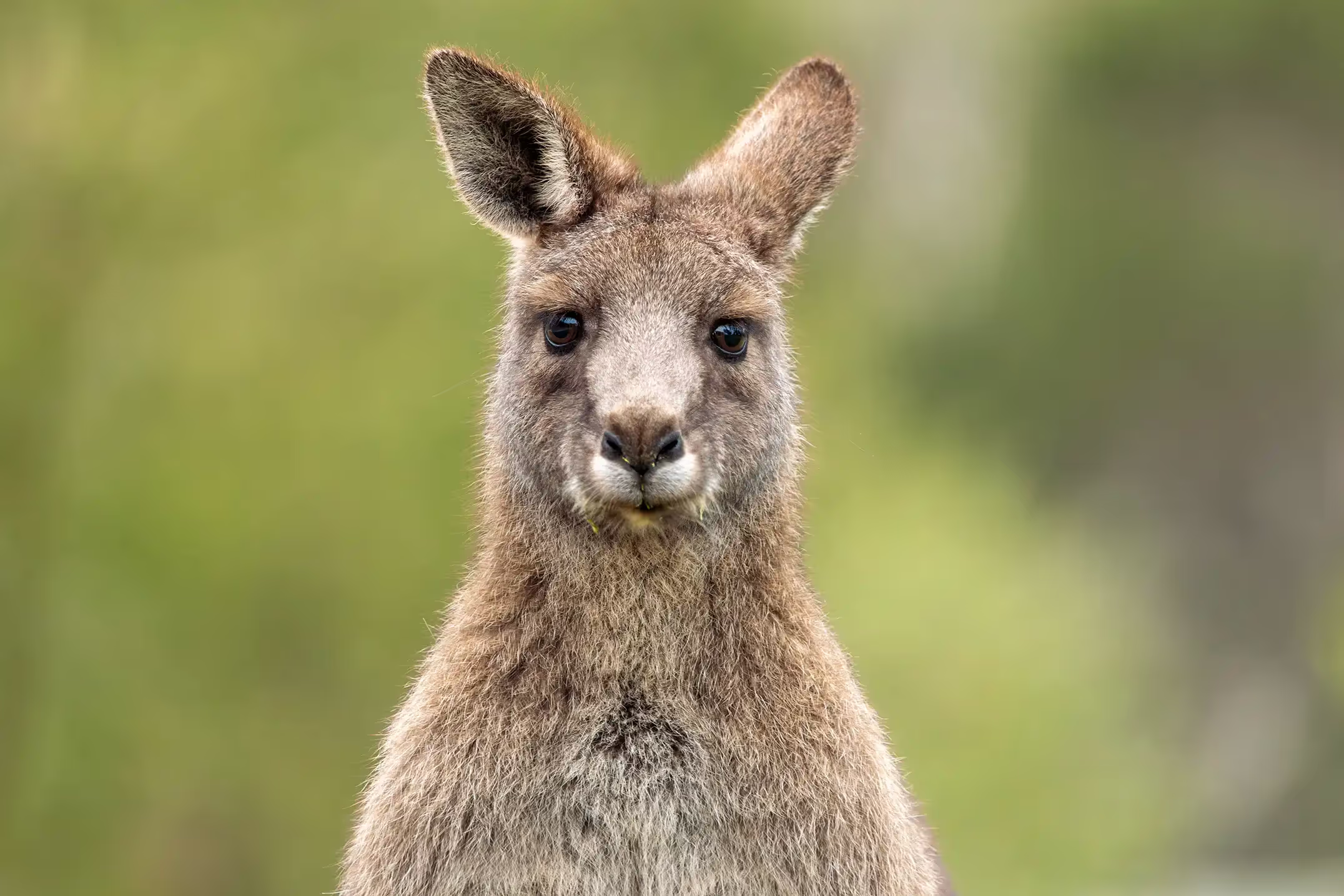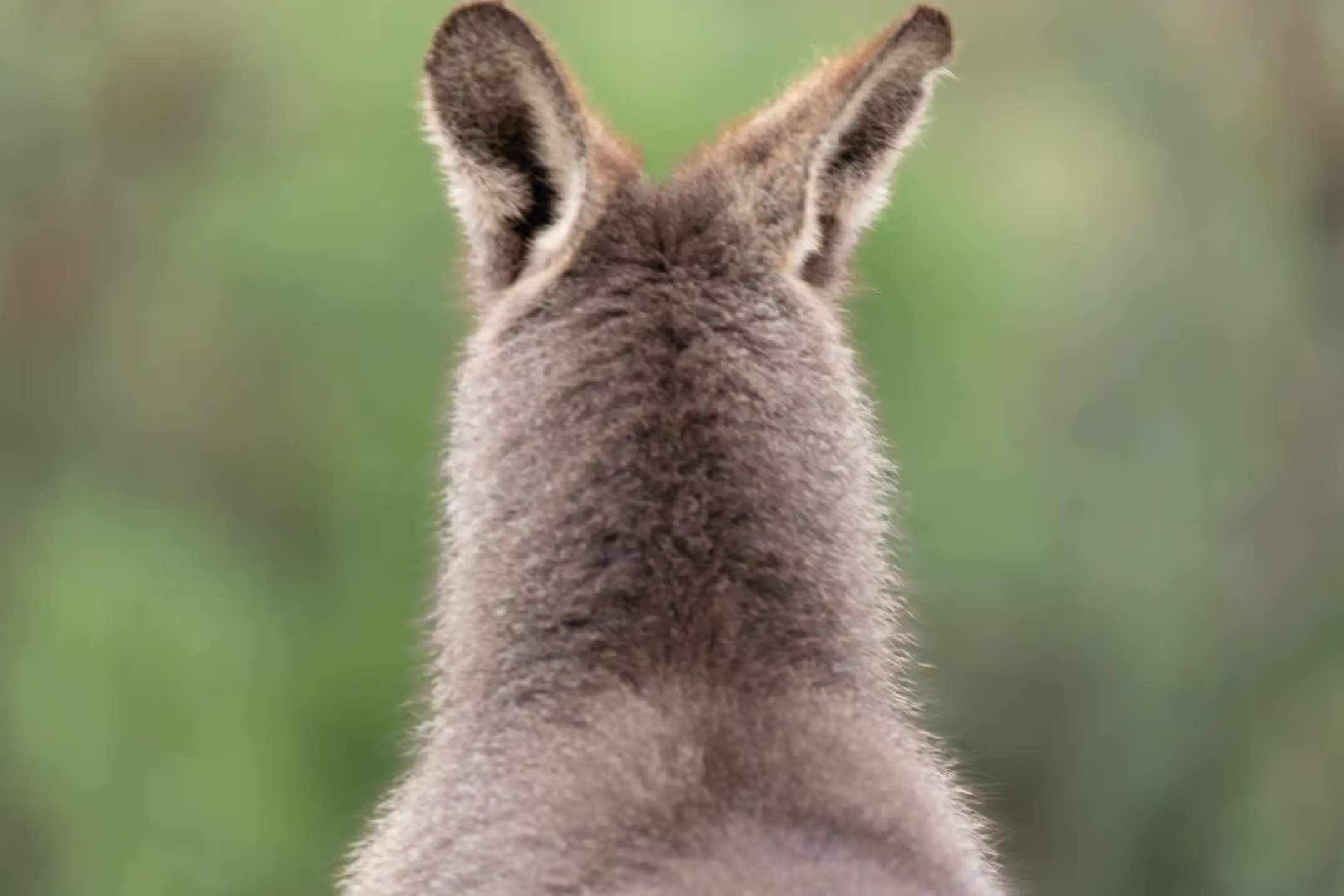Kangaroo Protection Act: Washington update
Life on land



Your support will assist us to continue our research and content development, the greater our resources, the more we can do.
The more we have an accurate understanding of what is happening to nature, the more we can all do to protect what remains of our living planet.
This is also an opportunity for philanthropists to be part of an ongoing project that tells independent stories about the natural world, stories that will help us to better understand what is happening to species and places on our precious planet Earth.
Note: Creative Cowboy Films does NOT have tax deductible charity status.

The Nature Knowledge Channel is a very real way you can help the precious natural world and support the work we do in creating knowledge about the natural world.
Annual membership of the Creative cowboy films - Nature Knowledge Channel gives you full access to content, stories and films, available on this website. Becoming a member of the Creative cowboy films - Nature Knowledge Channel is a very real way you can help the natural world and support our work in creating a greater understanding about what is happening to it.
A point of difference
Creative cowboy films is independent, is not funded by governments or industry, and is not influenced by their associated interest groups. For reasons of independent research and content development, Creative cowboy films does NOT have tax deductible charity status.
Life on land

U.S. Senators join Umbro in saying “no” to the trade in Kangaroo parts, aligning with Nike, New Balance, Puma, adidas, and other athletic shoe retailers on their sourcing practices.
WASHINGTON DC: Lindsey von Busch from the Center for the Humane Economy and Animal Wellness Action reports that U.S. Senators. Tammy Duckworth, D-Ill., and Cory Booker, D-N.J., have introduced the Kangaroo Protection Act to prohibit the import and sale of products made from Kangaroo body parts. The legislation aims to sever U.S. support for the largest commercial slaughter of land-based wildlife in the world. Their legislation is a companion bill to H.R. 1992, introduced earlier this year by U.S. Reps. Brian Fitzpatrick, R-Pa., and Jan Schakowsky, D-Ill.
“The mass killing of millions of Kangaroos to make commercial products is needless and inhumane. While it is encouraging that more and more cleat manufacturers are pledging to stop using k-leather, the U.S. must stop incentivizing this cruel practice once and for all. I’m proud to reintroduce this bill with Senator Booker that would help prevent the deadly exploitation of Kangaroos and promote the use of more humane alternatives to k-leather.” Senator Duckworth
“We should not allow the unnecessary killing of animals just so that big corporations can maximize profits. This legislation will help conserve the Kangaroo species by ensuring that no one in the United States can distribute Kangaroo products for commercial gain.” Senator Booker
“The United States should not be a marketplace that drives the mass killing of Kangaroos for soccer shoes when high-performance alternatives are readily available.”
Said Wayne Pacelle, president of Animal Wellness Action and the Center for a Humane Economy.
“This legislation aligns our sourcing and sales practices with our values related to animal welfare and the protection of native wildlife from commercial exploitation.”
The introduction of the Kangaroo Protection Act comes as the iconic British sportswear brand Umbro simultaneously announces it will end all use of Kangaroo leather globally by 2026—having already exited the U.S. market in 2019—underscoring growing global momentum against the Kangaroo skin trade.
“We celebrate Umbro’s decision, announced today, that the company will halt sourcing of any Kangaroo skins for shoes it sells in more than 100 nations. Senator Duckworth’s bill is a tremendous complement to the decisions by all the big athletic shoe brands to halt sourcing of kangaroo skins for cleats. Her Kangaroo Protection Act has the potential to spare the lives of hundreds of thousands of the iconic marsupials every year.” Wayne Pacelle added.
Umbro’s managing director Anthony Little gave the news to the Center for a Humane Economy in an email, confirming the company was down to using only one shoe with Kangaroo leather and stating it plans to phase out use of Kangaroo skin globally by fall 2026:
“We took the decision in 2019 to stop selling Kangaroo leather in the USA and so an alternative leather has been used on the same boot there since 2020. As a brand, we have been reviewing the strong arguments both for and against the use of Kangaroo leather and had already made the decision to discontinue its use in our products from the Autumn/Winter 2026 season (Q3) onwards.” Anthony Little

Every year, more than 1.3 million wild Kangaroos are killed by commercial shooters in Australia - many of them mothers with joeys in their pouches or at their feet. An estimated 400,000 dependent young are killed or die of predation or starvation as collateral damage. The major use of Kangaroo parts is for soccer shoes, which is the world’s most popular and widespread sport.
Launched in 2020, the Kangaroos Are Not Shoes campaign by the Center for a Humane Economy and Animal Wellness Action has been promoting the shutdown of foreign markets for the commercial Kangaroo-killing industry in Australia. Since the campaign began, major brands—including Nike, adidas, Puma, Diadora, Asics, Mizuno, New Balance, Sokito, and now Umbro - have stopped sourcing or have committed to eliminating kangaroo leather from their supply chains.
“It’s never been more important for corporations to examine how materials are sourced. Umbro led the way by exiting the U.S. market in 2019. Its decision to exit the global market and end its participation in the commercial slaughter of Kangaroos is a move that shows corporate integrity and ethical leadership.” Jennifer Skiff, director of international programs at the Center for a Humane Economy
California has had a law in place since the early 1970s to forbid any trade in Kangaroo parts, including skins for shoes or meat for dog food. The Center for a Humane Economy has been working diligently to promote active enforcement of that statute.